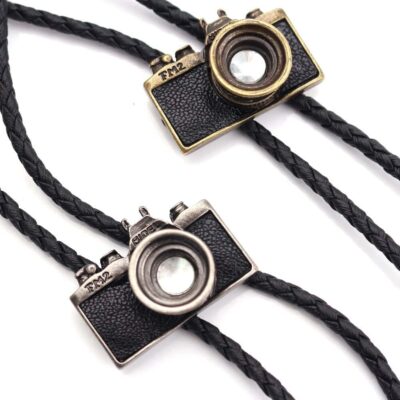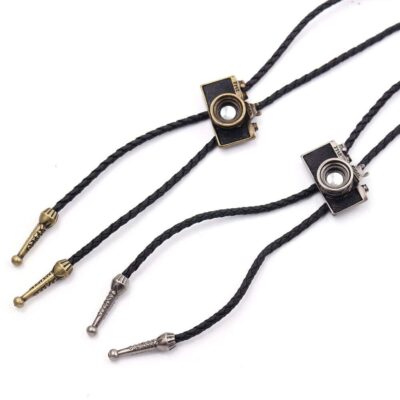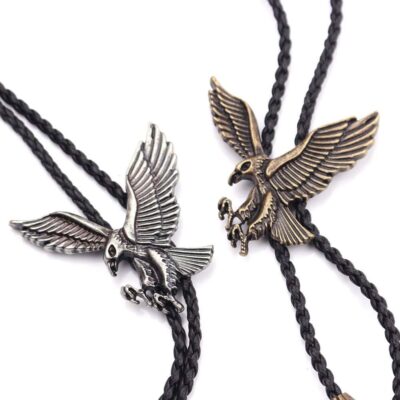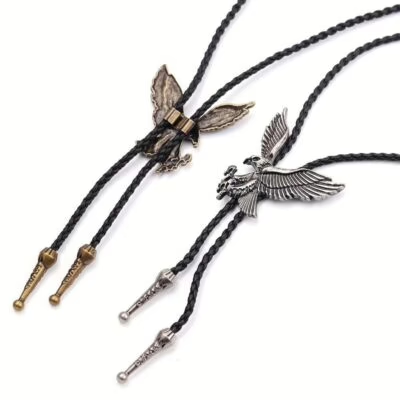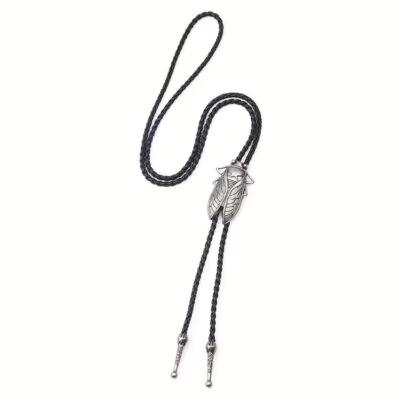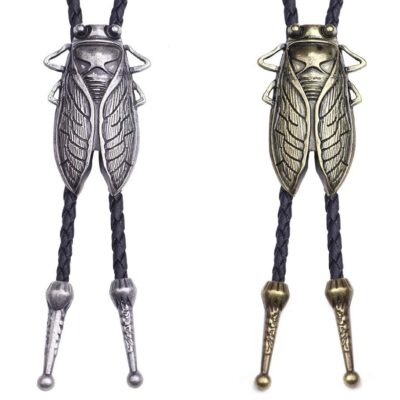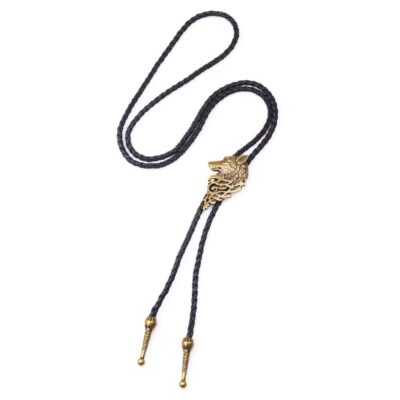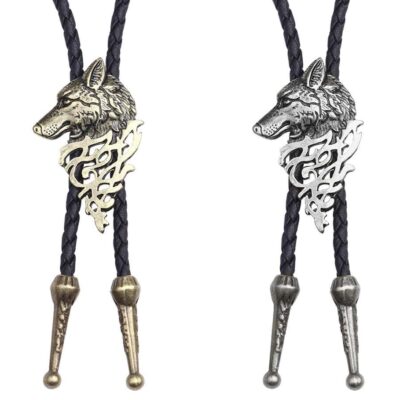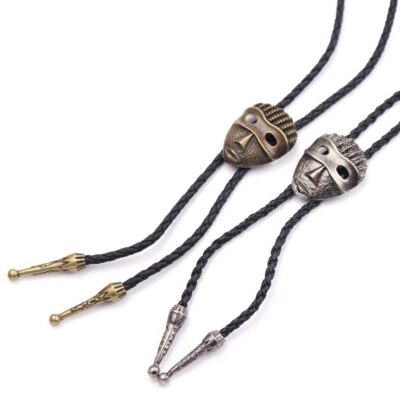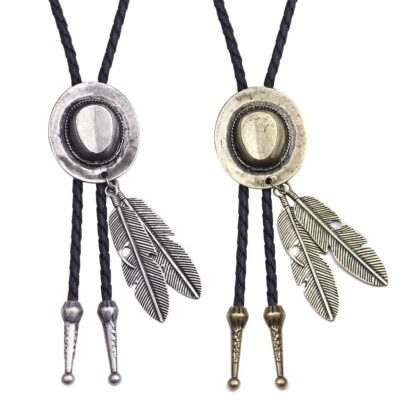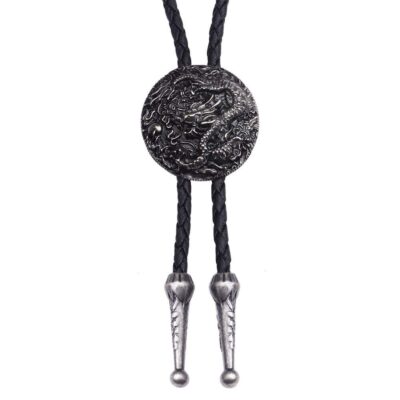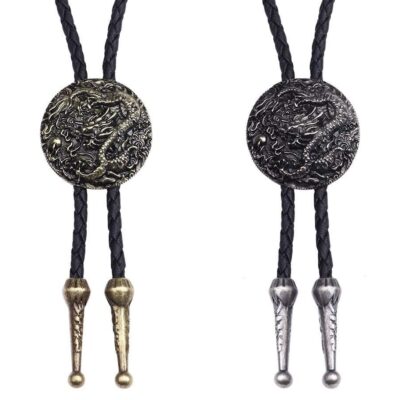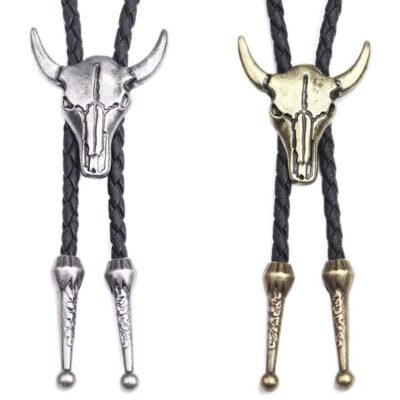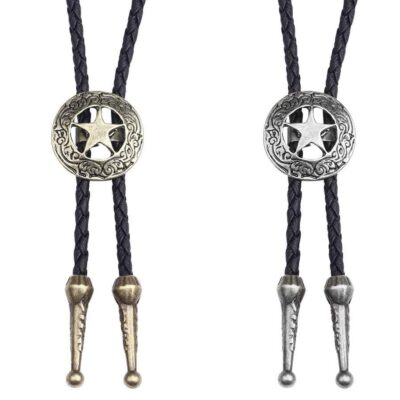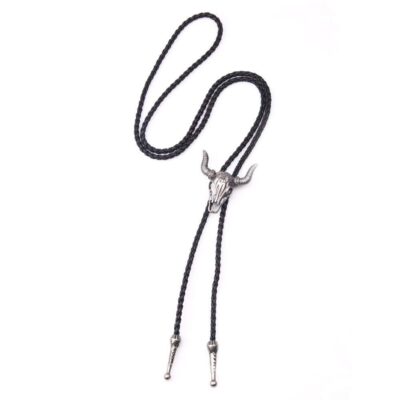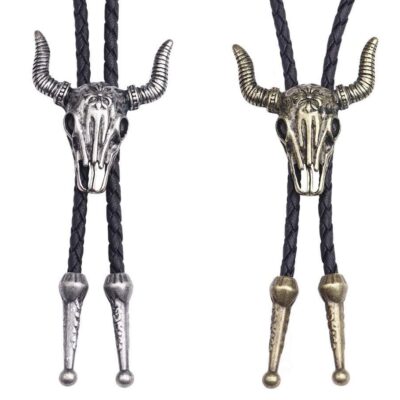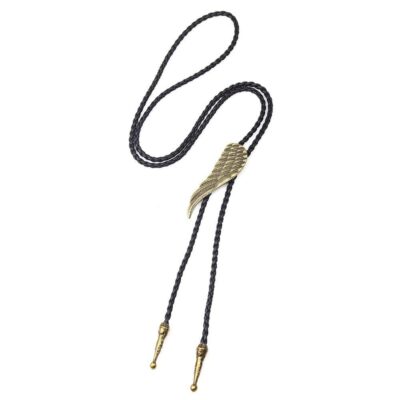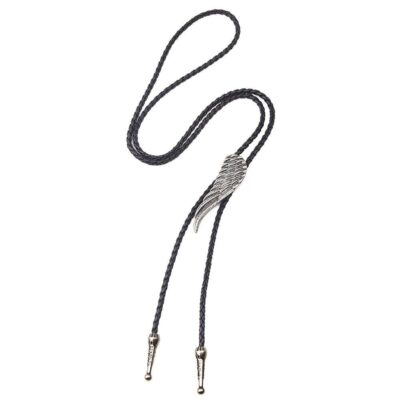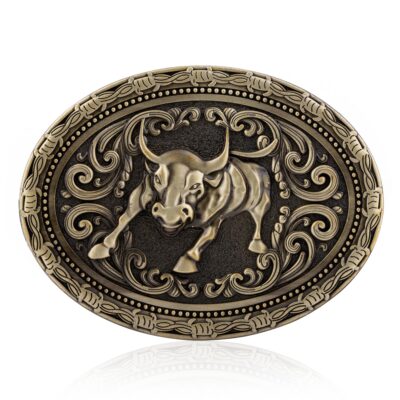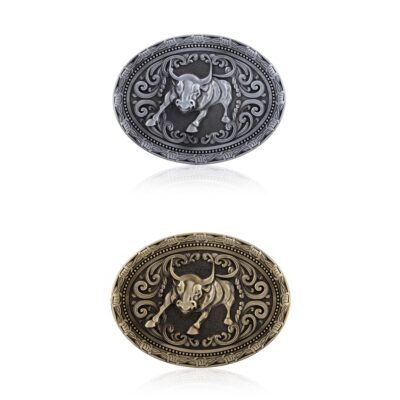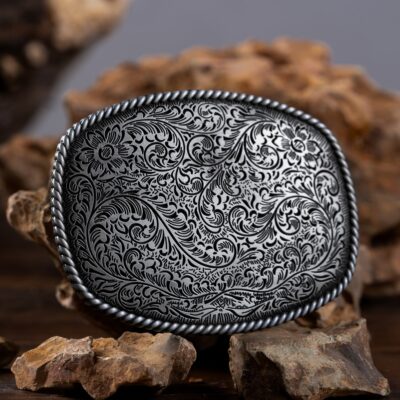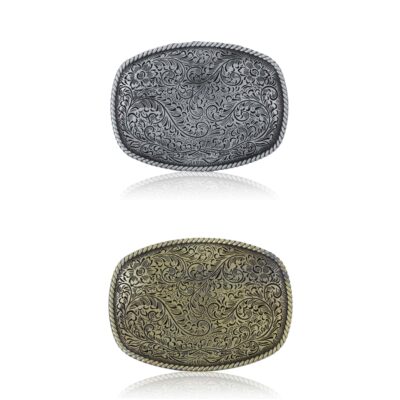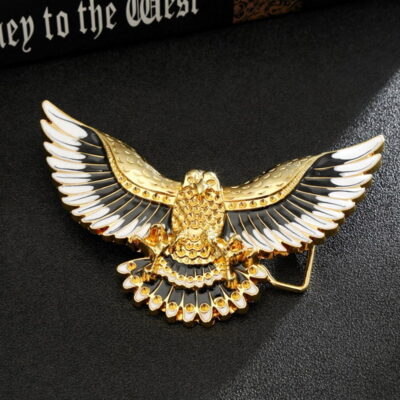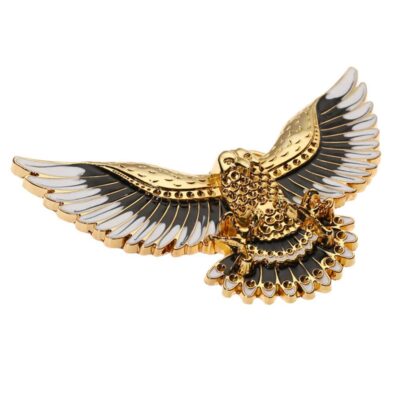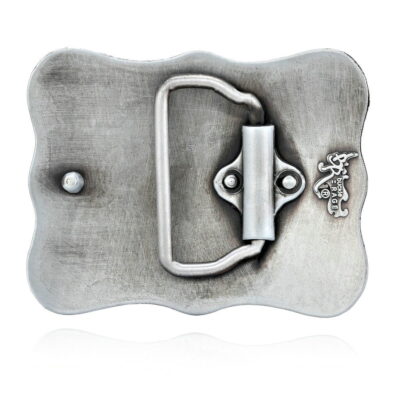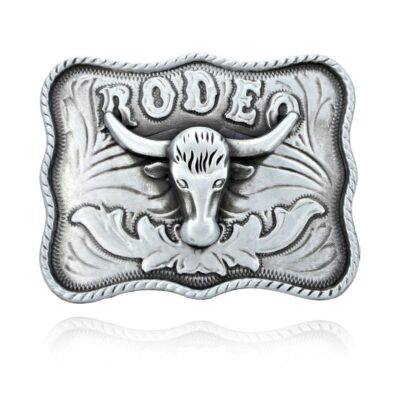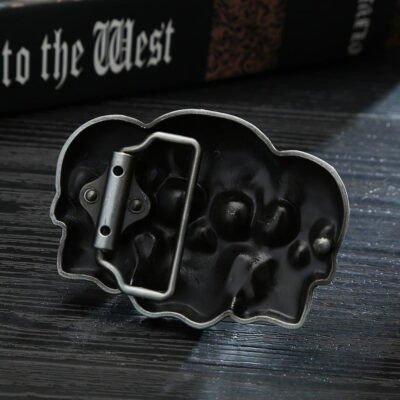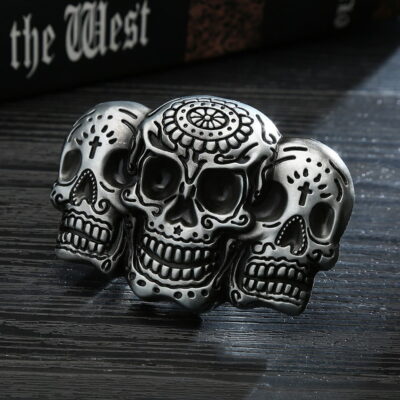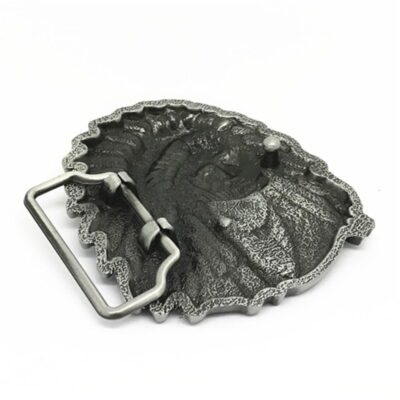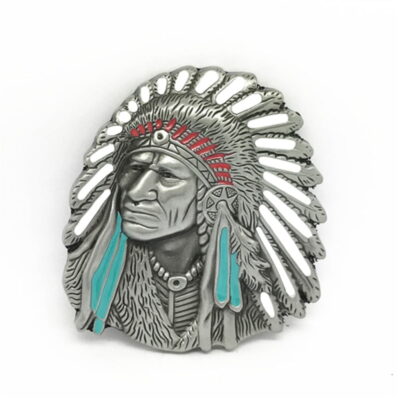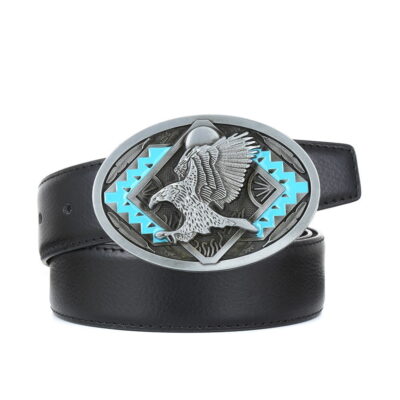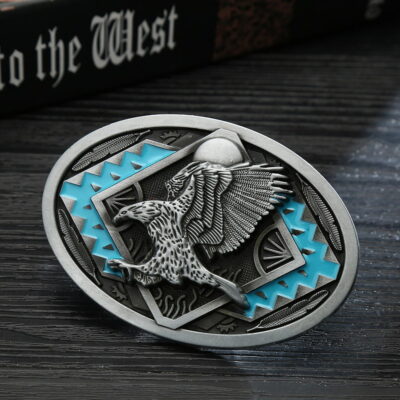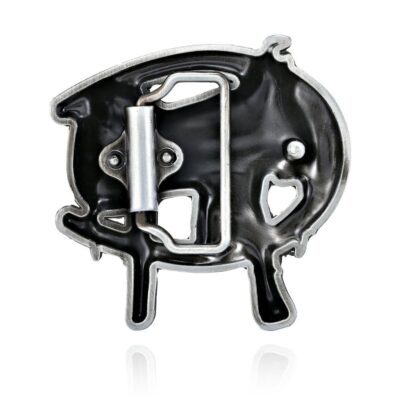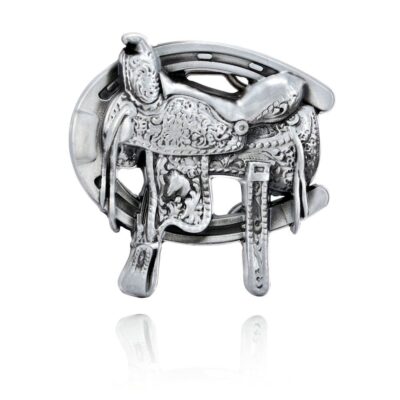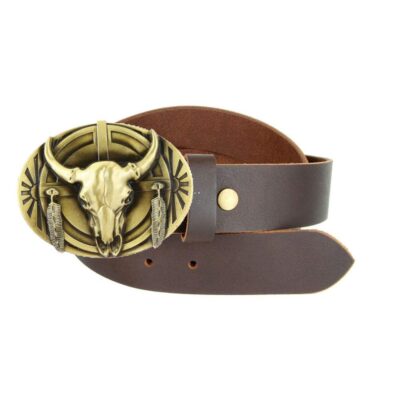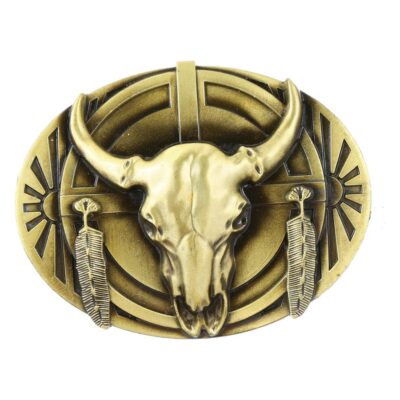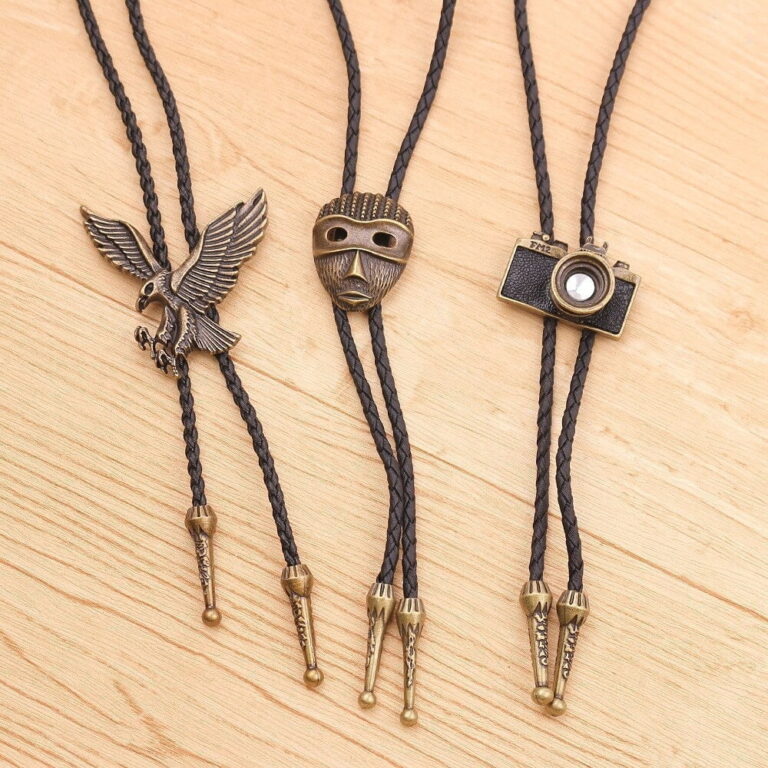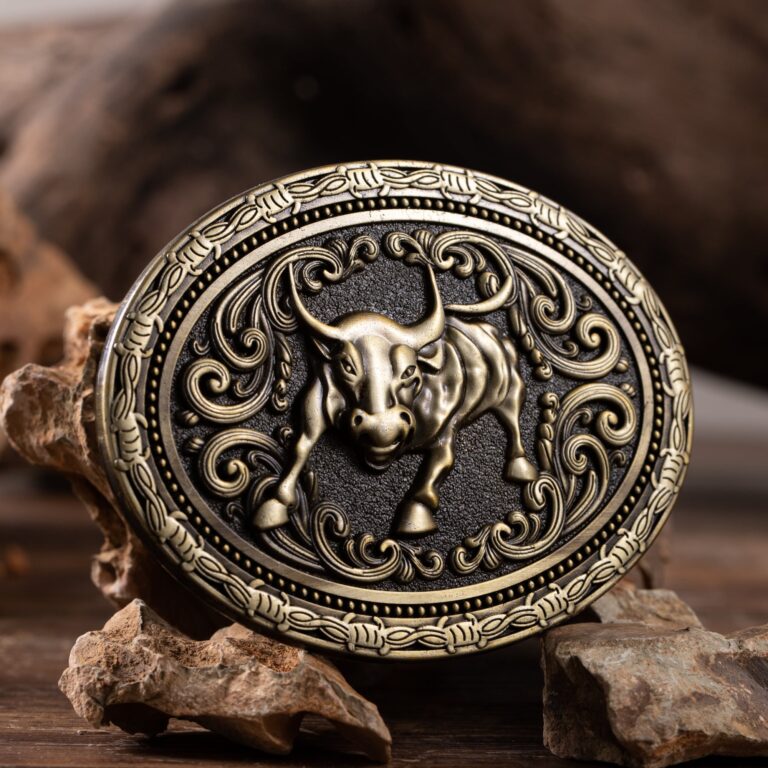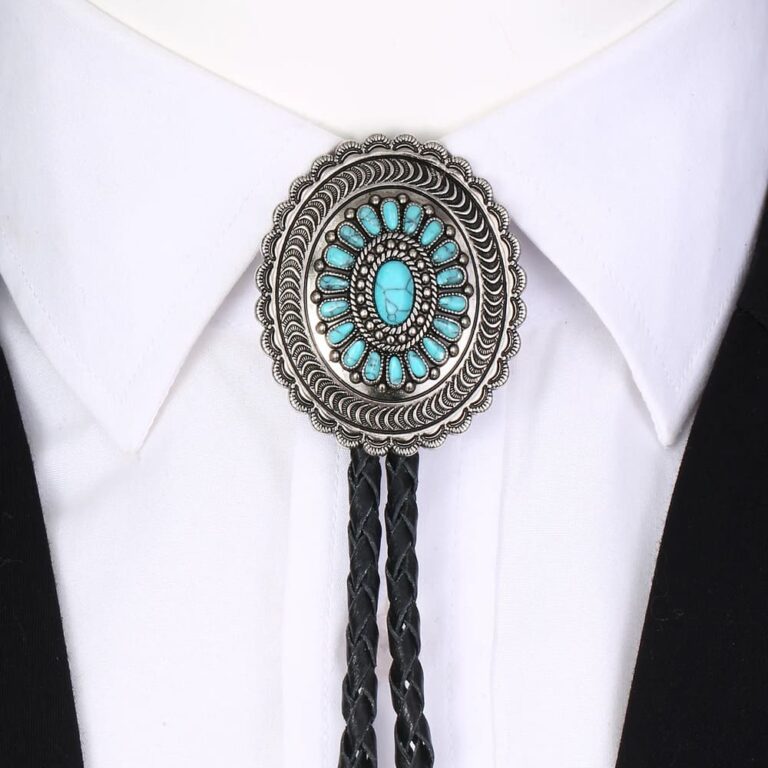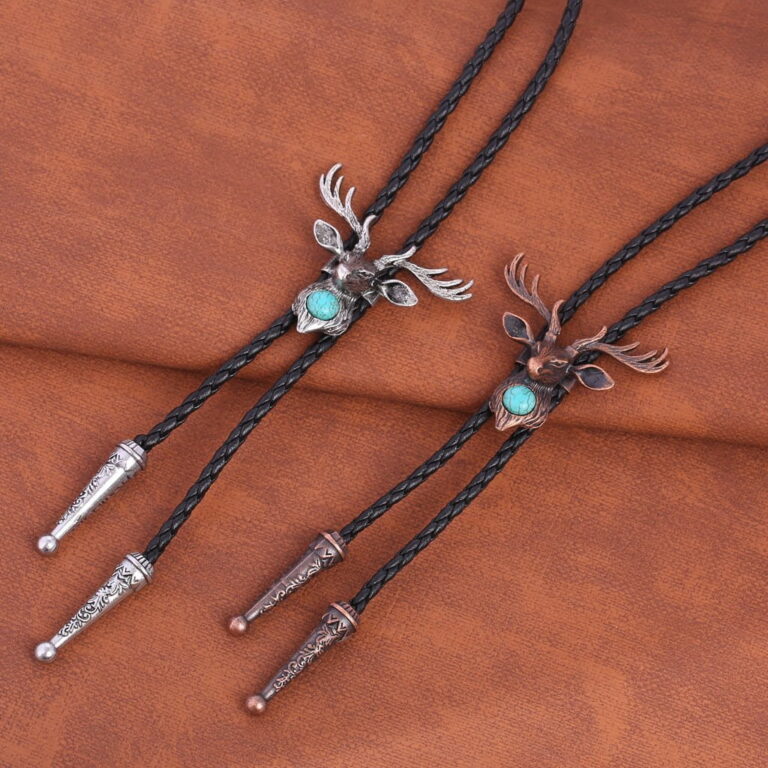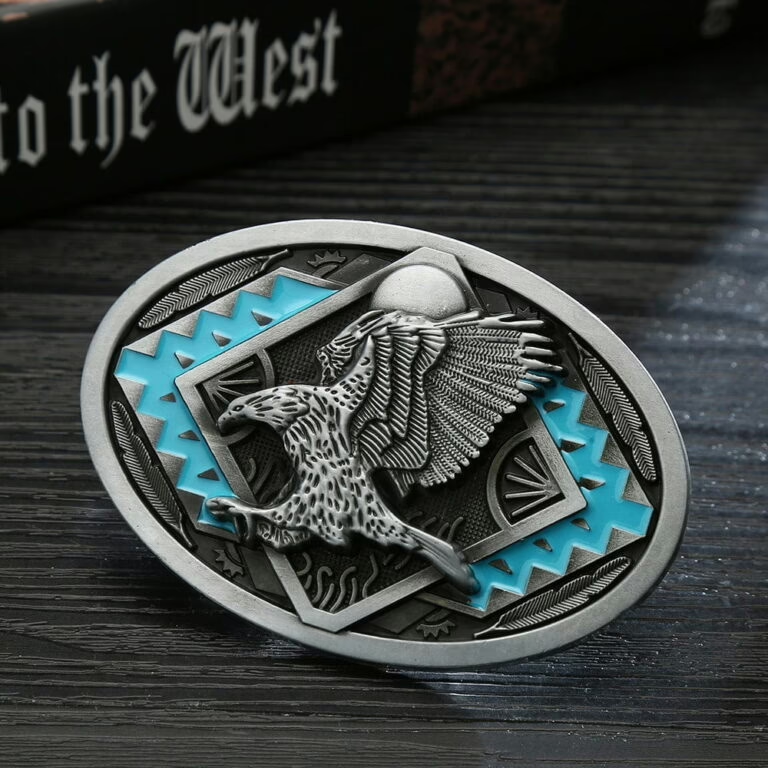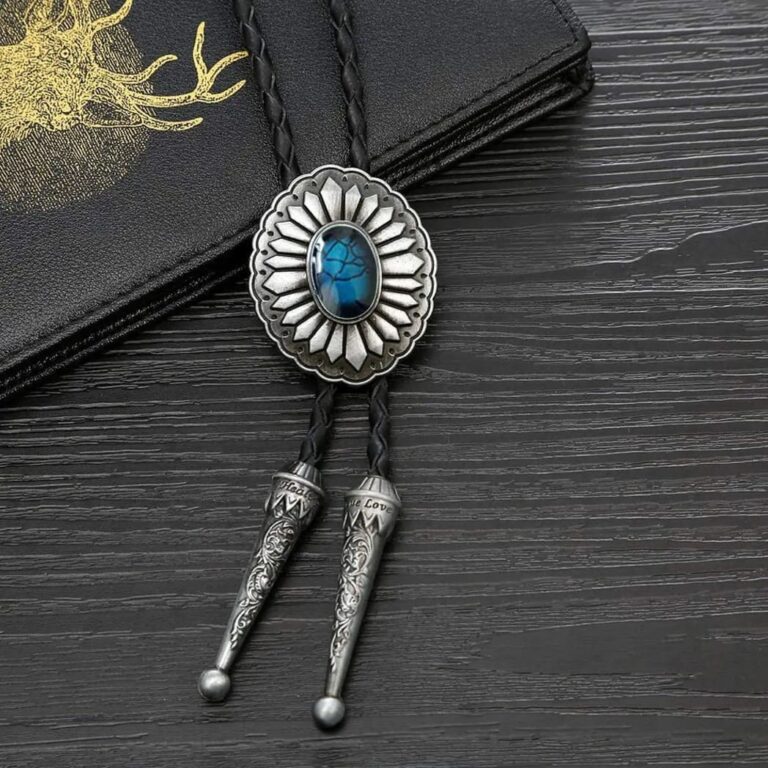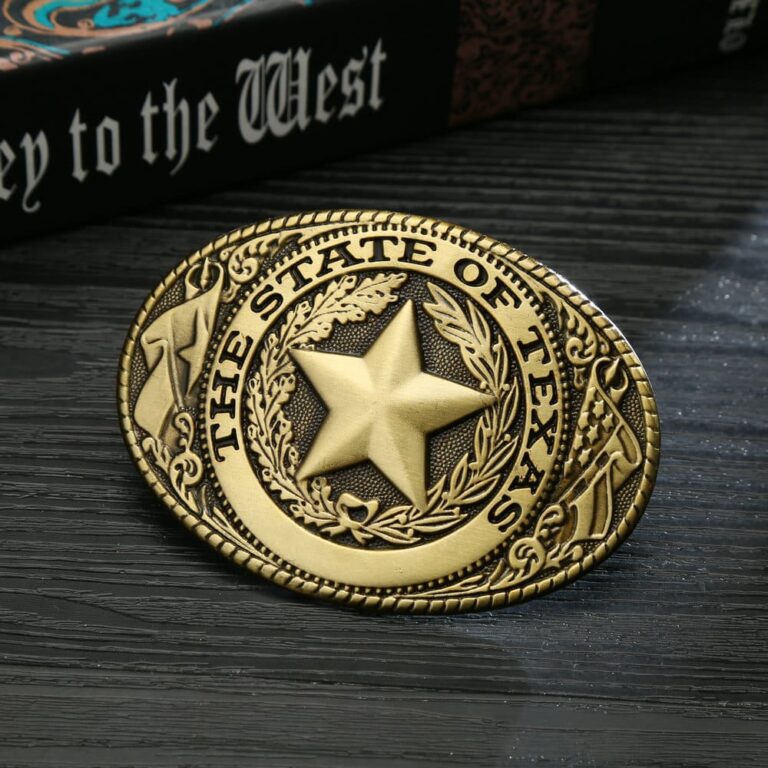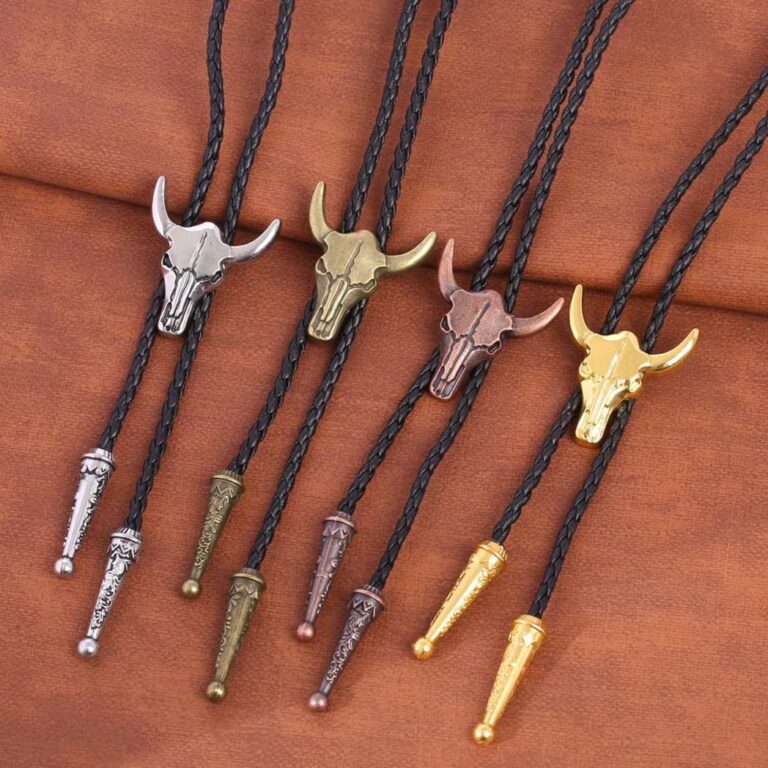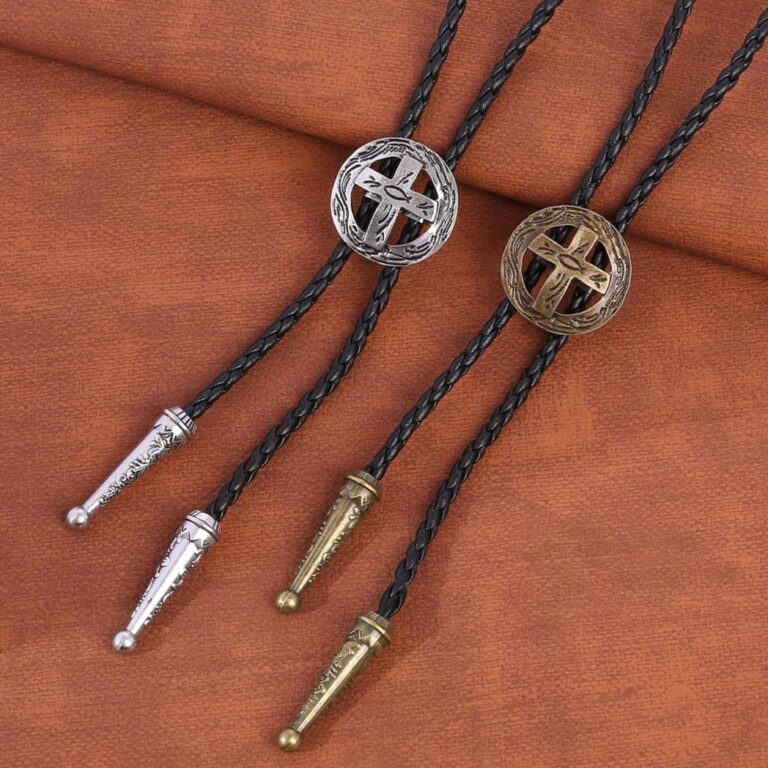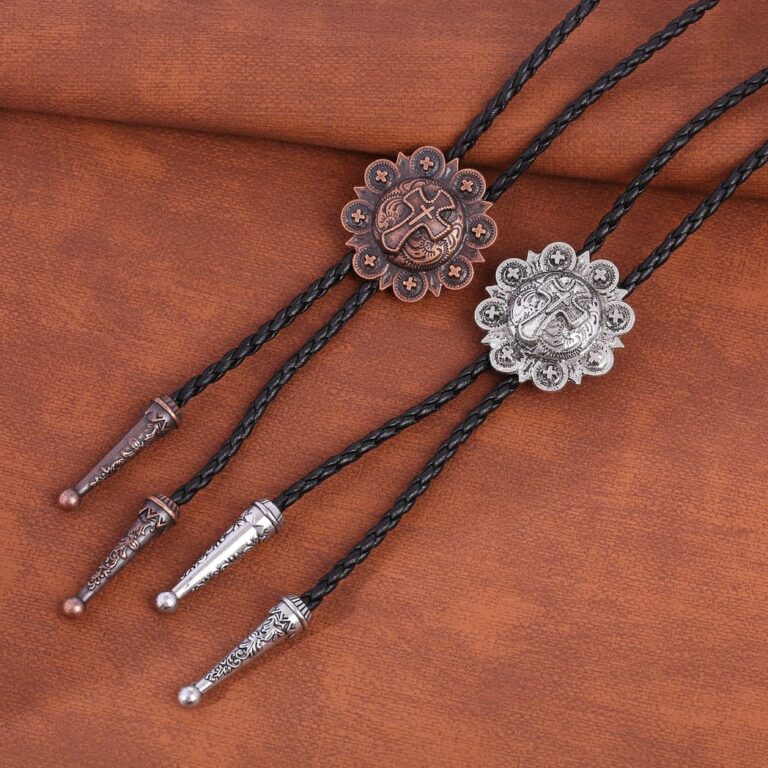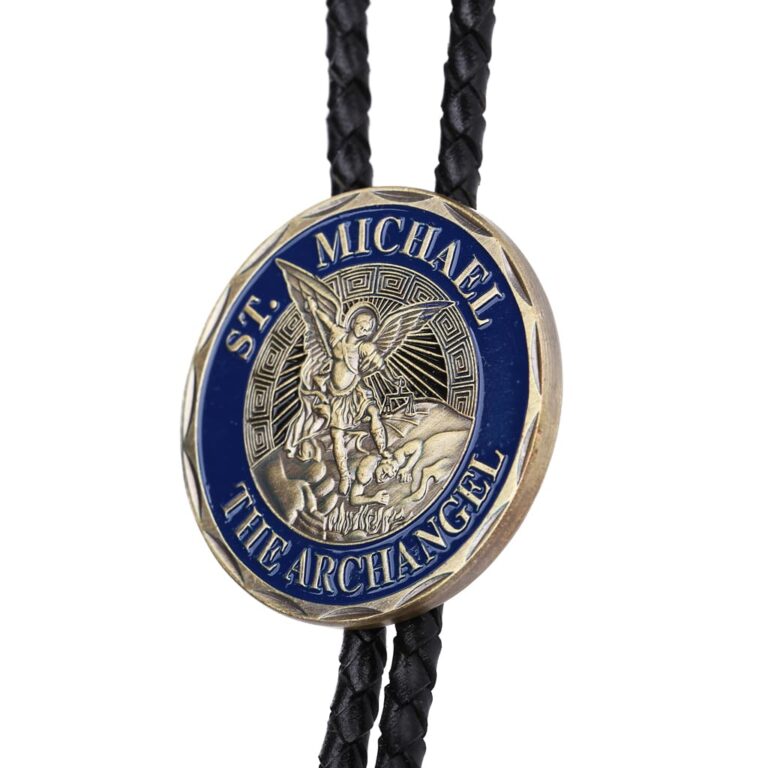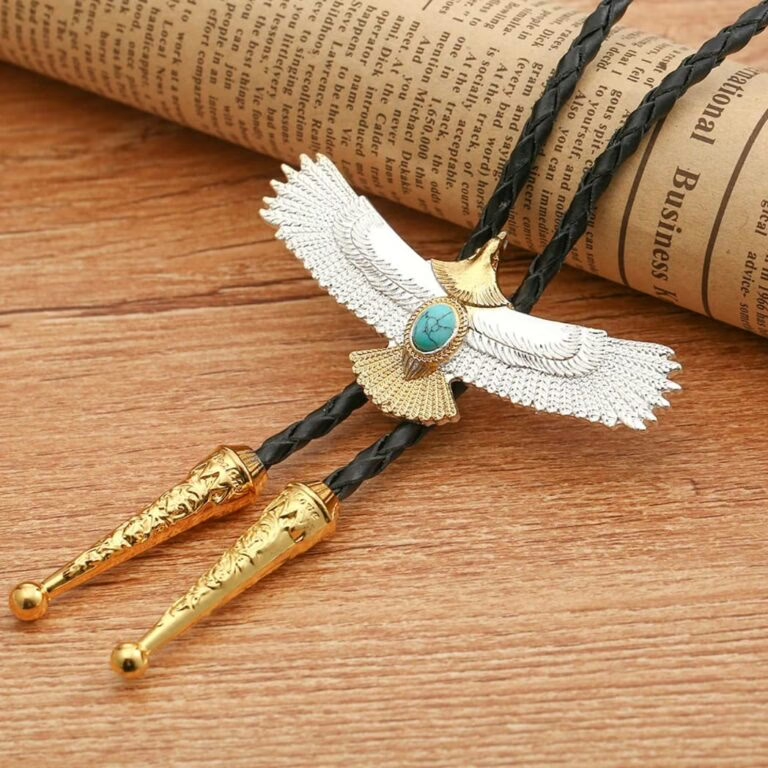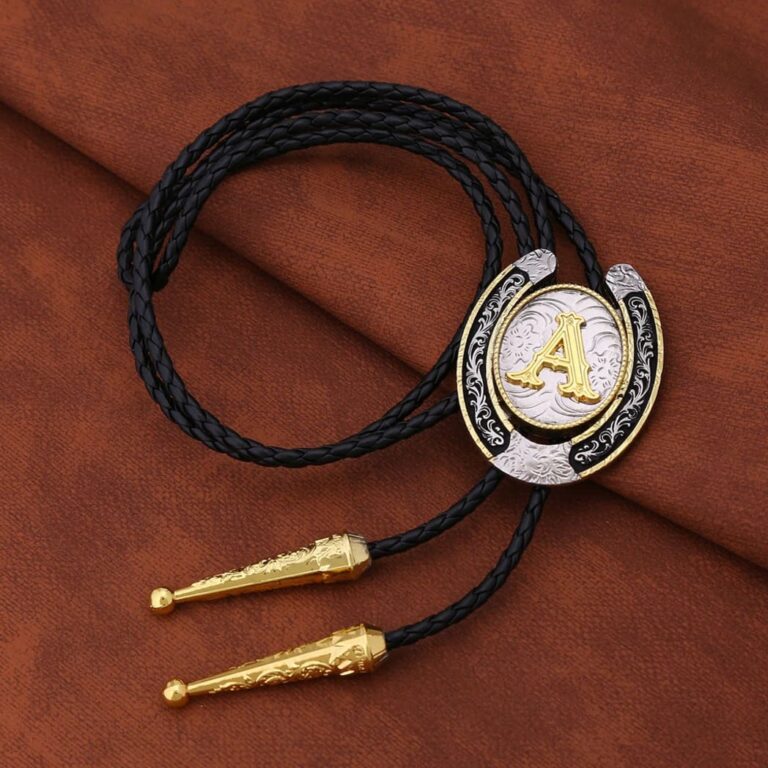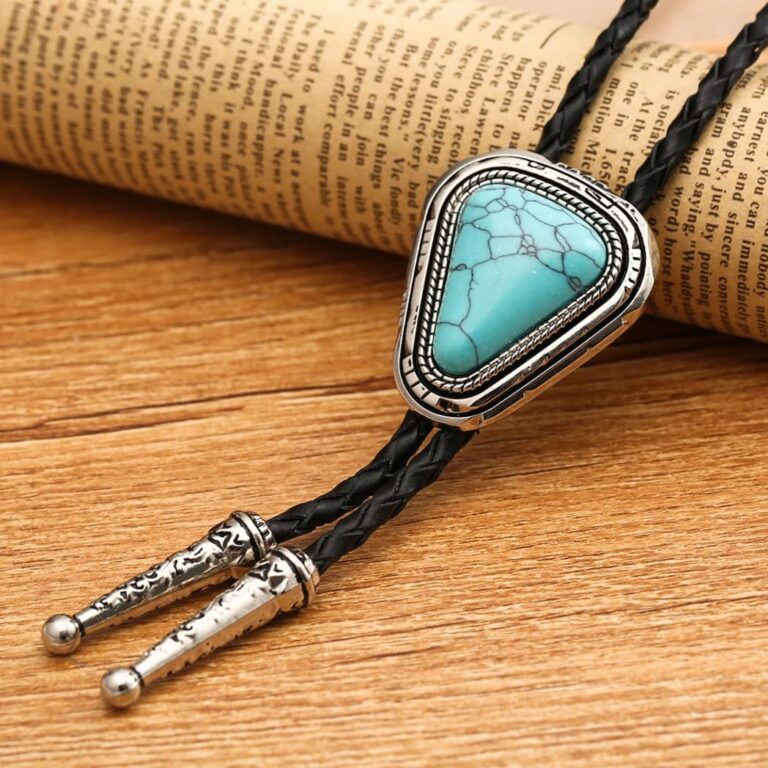The Fascinating World of Bolo Tie Patents: Tracing Design Evolution
Bolo ties are not just a symbol of Western style but a blend of artistry and engineering. Over the decades, countless designers have patented innovative mechanisms and designs that shaped the bolo tie into the versatile accessory we know today. From its humble beginnings to modern variations, bolo tie patents have played a crucial role in making this accessory both functional and fashionable.
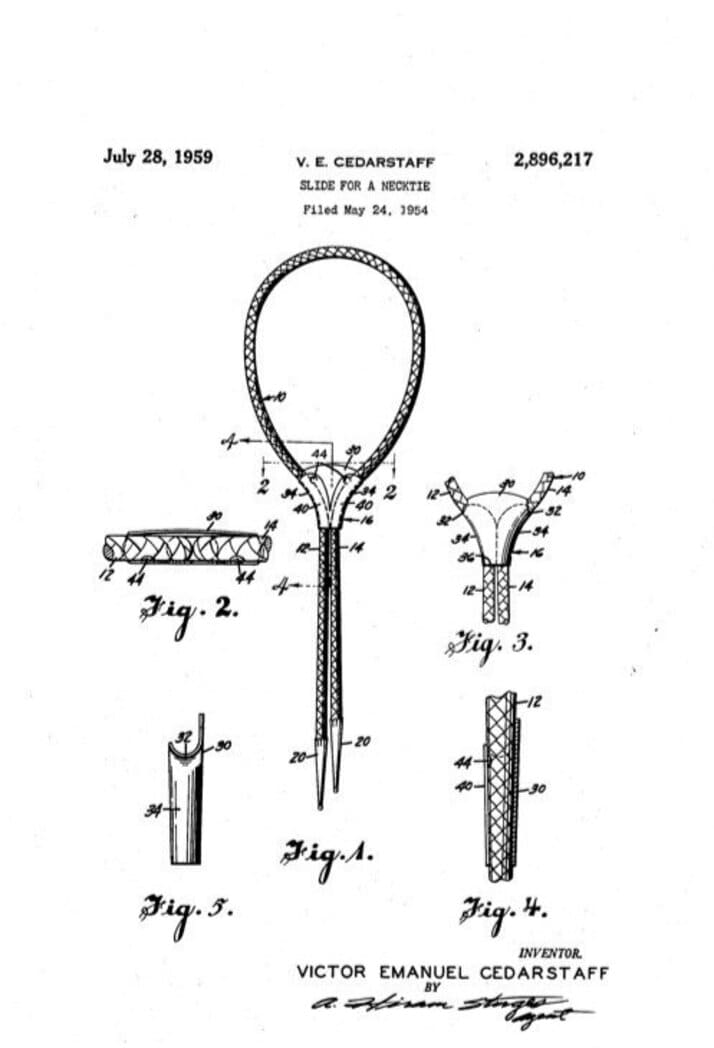
The Origins of Bolo Tie Patents
The bolo tie became widely popular in the mid-20th century, but its origins trace back to Native American artisans who created intricate designs with silver and turquoise. The need to secure unique designs and mechanisms led to the early bolo tie patents.
The first official patent for a bolo tie clasp was filed in the 1940s, marking a pivotal moment in the accessory’s history. It allowed the string to move freely while maintaining the clasp securely in place, a feature that set it apart from other neckwear.
Explore the History of Bolo Ties
For more on how bolo ties first came into fashion, visit our comprehensive history page.
Key Patents That Shaped Bolo Ties
1. The Adjustable Clasp Mechanism
One of the earliest and most significant patents is for the adjustable clasp mechanism. This innovation allowed the bolo tie to be customized for comfort, ensuring a snug fit for all neck sizes. The design involves a sliding clasp that locks into place, a feature seen in many modern men’s bolo ties and women’s bolo ties.
2. Decorative Enhancements
Beyond functionality, several patents focused on the aesthetic elements of bolo ties. These patents included the use of gemstones like turquoise, which became a hallmark of Native American bolo ties and turquoise bolo ties. Patent holders also experimented with various materials and designs, from intricate metalwork to leather braiding.
3. Theme-Based Designs
With growing popularity, bolo tie designers began securing patents for theme-based designs, reflecting cultural symbols, religious icons, and even custom requests. For instance, Christian bolo ties and skull bolo ties emerged from patented designs that catered to specific groups and styles. This gave rise to a plethora of niche bolo tie markets that continue to thrive today.
Why Patents Matter in the World of Bolo Ties
Patents protect both the creator’s intellectual property and provide consumers with innovative and functional products. Without these patents, the market for bolo ties might have been flooded with low-quality designs. Instead, patent law ensured that bolo ties could evolve with new mechanisms, giving rise to styles like gemstone bolo ties and animal bolo ties, which remain highly sought after.
Patents and Personalization
As bolo ties grew in popularity, the desire for personalized designs also grew. Patents related to customized designs became more common, leading to the rise of personalized bolo ties, allowing individuals to engrave their initials or symbols onto their bolo ties, making each one unique.
The Role of Patents in Modern Bolo Tie Manufacturing
In the 21st century, bolo ties have seen a resurgence, particularly in fashion-forward events like weddings. The rise in wedding bolo ties has brought new patented designs that focus on elegance and sophistication, merging tradition with contemporary flair.
Modern Mechanisms
Today’s bolo ties incorporate modern technology, with patents focusing on durability, easier adjustments, and the integration of premium materials. The bolo tie’s sliding mechanism has been refined over the years to be smoother and more reliable. Additionally, patents have been issued for clasps that prevent wear on the cords, increasing the lifespan of the accessory.
A New Era of Patents
Modern bolo tie patents aren’t just about design—they’re about creating an accessory that lasts. Recent patents have introduced stronger metals and synthetic materials, ensuring that bolo ties stand the test of time, much like the classic Western accessories that inspired them.
The Timeline of Bolo Tie Patents
1940s: Adjustable Clasp Mechanism
Patent Number: US2419925
Filed By: Victor Cedarstaff
The first bolo tie patent featured an adjustable clasp mechanism, allowing users to easily secure and adjust the tie around their neck.
1950s: Decorative Enhancements
Patent Number: US2918723
Filed By: Bennett Patent Co.
Design patents were issued for aesthetic enhancements, including intricate designs, gemstones like turquoise, and native silverwork.
1970s: Theme-Based Designs
Patent Number: US3759232
Filed By: William J. Carter
Patents for themed bolo ties, including religious motifs, animal designs, and custom personalization, became popular in Western fashion.
2000s: Modern Mechanisms
Patent Number: US6982754
Filed By: Geoffrey Norris
Advancements in materials led to patents for stronger, more durable bolo ties, with modern clasping mechanisms and increased longevity.
2010s: Personalized Bolo Ties
Patent Number: US8249372
Filed By: Christopher Thornton
The rise of personalized bolo ties allowed for unique custom designs, with patents filed for wedding, religious, and highly personalized pieces.
FAQs About Bolo Tie Patents
Q: When was the first bolo tie patent filed?
A: The first bolo tie patent was filed in the 1940s, focusing on the adjustable clasp mechanism that allowed the string to move freely while holding the tie in place.
Q: Are there any modern bolo tie patents?
A: Yes, modern patents focus on enhanced durability, smoother adjustment mechanisms, and personalized designs, making bolo ties more versatile and long-lasting.
Q: Can I create my own bolo tie design and patent it?
A: Absolutely! Many modern designers are filing patents for personalized bolo ties. If you have a unique idea, you can consult with a patent attorney to protect your design.
The Future of Bolo Tie Patents
As bolo ties continue to evolve in the fashion world, we can expect more patents focusing on innovative designs and materials. With fashion trends constantly shifting, bolo tie enthusiasts are always looking for the next big thing, and patents will undoubtedly shape that future.
For those interested in exploring bolo ties for special occasions, our wedding bolo ties and turquoise bolo ties offer a perfect combination of tradition and modern flair.
Explore More Bolo Tie Designs:
By exploring these designs and innovations, you can appreciate the craftsmanship and creativity that continue to make bolo ties a beloved accessory.

